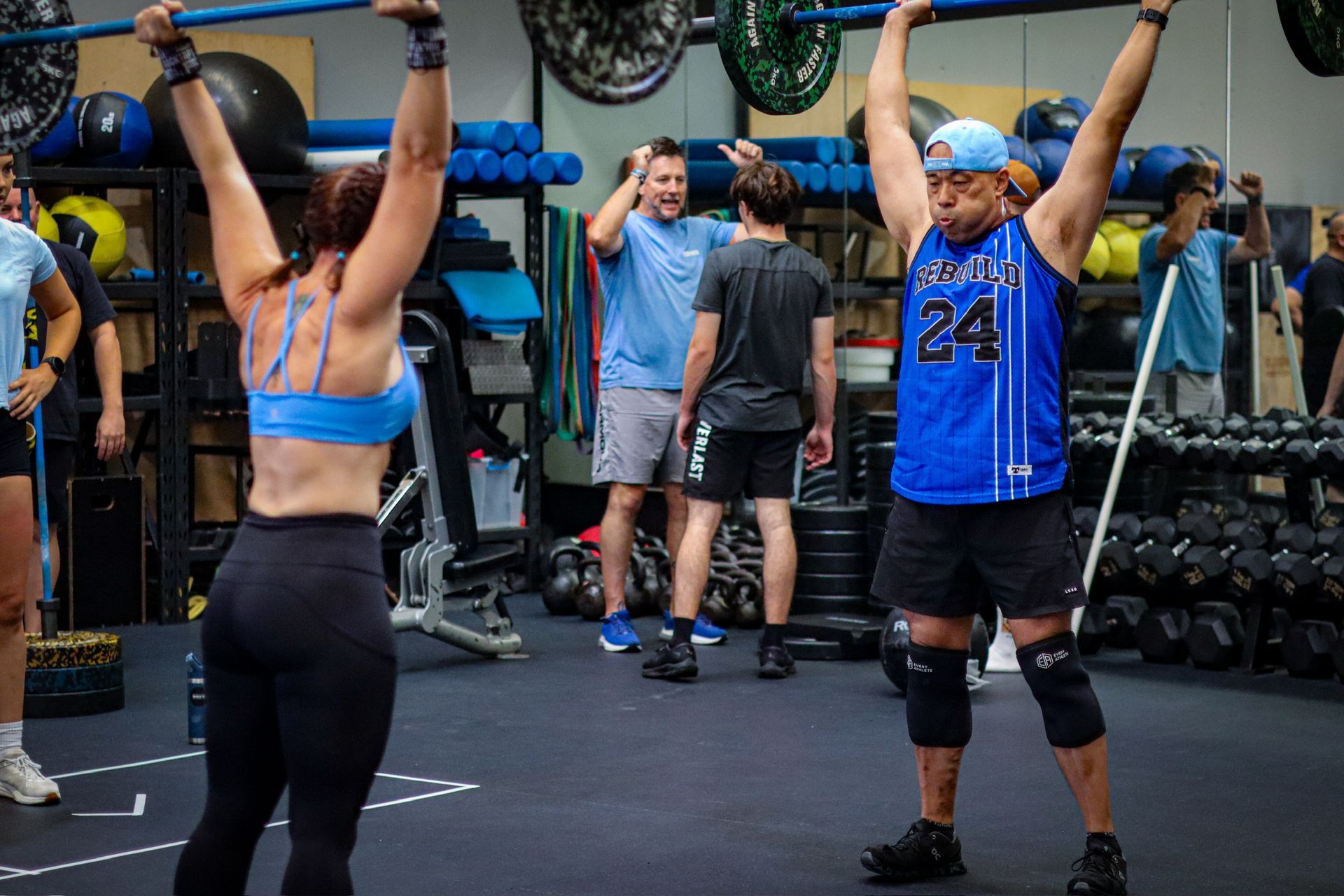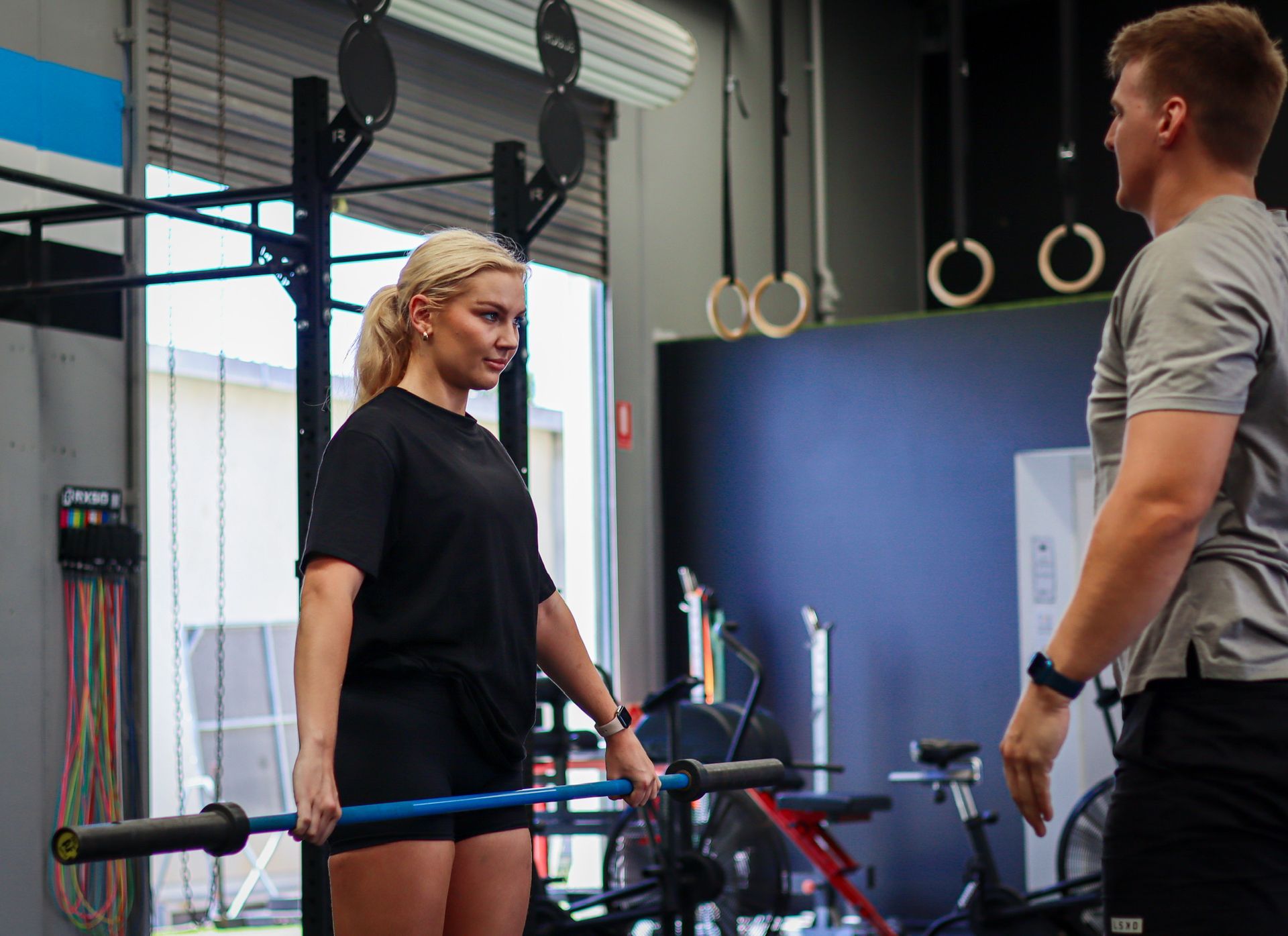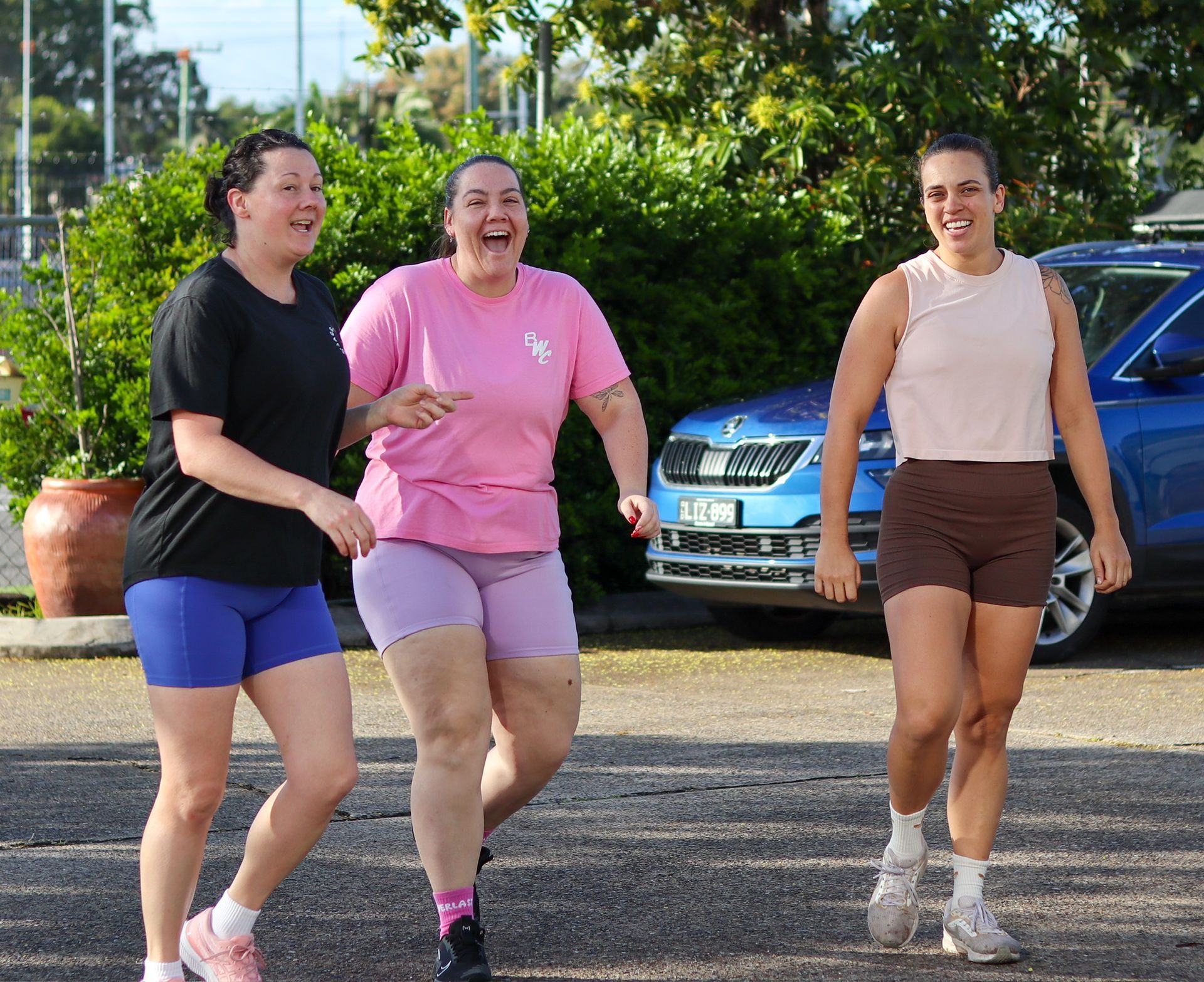Stress: How It Works And Ways To Manage It
We hear so often insight about stress, why it’s bad, and how to reduce it. But it’s not always bad. It definitely can be, particularly over longer periods of time. But it can also help us survive and adapt.Knowing how it affects your body, and when it can be a positive will help you manage stress levels and identify if your stress levels are too high. What is stress, technically? If anything, stress is a part of normal life. However, it can have a negative connotation among most people. 'Stress is any change in the environment that requires your body to react and adjust in response' says James. 'The body reacts to these changes with physical, mental, and emotional responses.' Sean adds: 'The term ’stress’ is often used in terms of mental stress to describe things like worrying about bills you have to pay. But really stress is anything that triggers a hormonal response, within your body.' What is the science behind stress reactions?Stress is caused by the release of hormones through the brain and into different parts of the body. All of these hormones are designed to regulate energy production. The release of these stress hormones leads to changes in energy production. Part of this process happens through the autonomic nervous system (ANS). The ANS has two general branches:Sympathetic nervous system – this increases heart rate, raises blood pressure, diverts blood flow to muscles, inhibits digestion, reduces appetite.Parasympathetic nervous system - slows heart rate, decreases blood pressure, promotes energy storage, stimulates digestion, and increases appetite.The sympathetic system often called fight or flight, increases energy production and drives it where our muscles will need it most. It’s a survival mechanism that got us out of sticky situations back in the caveman days. The parasympathetic system often called rest and digest, promotes energy being stored and used to recover and rebuild.When we are stressed, our bodies go into a state of fight or flight against perceived threats; and get ready to fight or flee. It affects everyone, everyone experiences it and needs to experience it all of which carry physical and mental health risks. A stressor may be a one-time or short-term occurrence, or it can happen repeatedly over a long time. Some people may cope with stress more effectively and recover from stressful events more quickly than others.Routine stressStress by a sudden change Traumatic stress Ways to manage stressStress can end up having detrimental impacts on your health when you're under it too often. But there are some simple ways to minimise its impact on your body and mind. Try these tips.Do nothing for five minutesDoing nothing at all, just sitting for five minutes is a great way to disconnect and relax. Sean says: “Put your phone down, go out and get some sunshine. No one ever felt worse from it when we were doing this as kids. It sounds like it’s a really simple thing to do, but you have to create the time to do that. Again, you’ll probably say, ‘I got no time,’ but you spend hours on Instagram when you didn’t need to be there - when you could just lay down. Literally, just do nothing, lay down on the ground, and do nothing.”Journalling “Whether that be doing some affirmations or one of the biggest things I find help for me and I sort of do it every day at the end of the day, is to write out all the tasks that I want to the next day - at least then everything is just down there, it’s out of my head,' says James. 'Some people just write about their day, literally like old-school sort of diary stuff. But yeah, I like writing out all the tasks I have to do for the next day, and then the next day I don’t need to worry about it. It’s such a nice feeling by the end of that week knowing that you’ve done what you needed to do.'One hour without your phoneDitch the technology, and have a full hour without a screen in front of you says James. “One hour without your phone at home like don’t even have in the same room, it’s completely gone,' he says. 'Just get rid of it, because it’s mental how much you just pick your phone up. It’s crazy because I will always have it in my hand, but when I go without it upstairs I’m so much more present and everything, with my wife or to the kids, it’s more fun at this time cause I’m not being distracted by a beep because your phone vibrates and then your brain is like a dog and you got distracted.”Box breathingA relatively easy one and all this is is a simple breathing exercise. You start with three or four seconds, so you breathe in for four seconds, hold for four, exhale for four and hold at the end and exhale for four, it’s basically a 16-second cycle. If you do sort of eight cycles of that, you are pretty chilled. Box breathing is also known to be one of the best methods to help you get to sleep. James recommends doing it for five to 10 minutes. He says: “I just set a timer for like 5 or 10 minutes and then just go with it.” Planning leads to success While several different ways to manage stress exist, from seeking professional help to doing little things you enjoy, the boys usually recommend some more than others having practiced a few techniques here and there themselves. James says, “Talk to someone and connect with people, try to relax like try and just chill out a little bit when you can.” Chilling out, however, doesn’t necessarily refer to watching Netflix, according to Sean. “Unpopular opinion: it doesn’t always mean watching Netflix like people think that chilling out, watching TV, and having a beer is relaxing, and it seems nice, but it is not. It is not a parasympathetically driven activity, because of the stimulation from TV from the blue light, and the negative effects of alcohol that we spoke about. It puts you in stress that you’re just numbing yourself, everything is still working overtime. It might just mean like turn TV off 15 minutes earlier than you normally do or 15 minutes later because watching TV in the office is nice, it’s a good chance to chill but finding other opportunities to chill outside of that is going to give you more bang for your buck, rather than simply relying on TV.”Planning your week is another tip by the boys, just so the unstructured nature of your week or the uncertainty it brings doesn’t add to your existing stress. “Set your goals and prioritise your day, so you actually have a plan. So many people go through the week completely unstructured - like nutritionists, we understand people don’t plan their week. People are unhappy and unhealthy or maybe a little bit overweight and they want to do better. So, you tell them to plan their week. When you’re going to train and what you’re going to eat, it doesn't have to be put to the gram, but you need an idea. It’s a basic template of understanding so you never feel lost. It's about anchoring in your good habits. So, when you are feeling stressed, you always have something to pull you back. Whereas when you don’t, when you are feeling stressed, you spiral,” concludes Sean.
Previous Blogs




